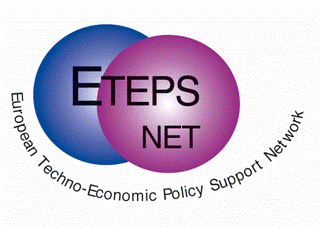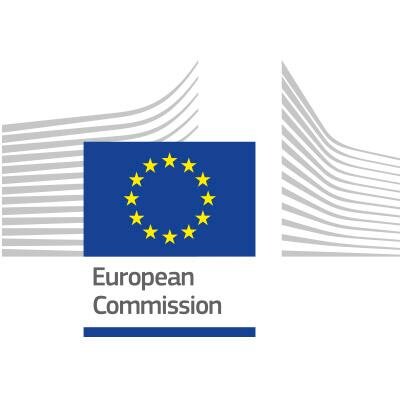Background
Since numerous radical technological changes brought about the energy technology revolutions of mid 19th century, technology in energy sector has experienced notable progresses but mainly as incremental improvements of well-established technological paradigms and not as radical changes in the basic schemes followed for the provision of energy services.
Solving short-term energy-related problems by fine-tuning existing technologies is not sufficient and may not work out in the future due to the exponential growth of energy demand. Since a stabilisation of this demand seems to be unrealistic, it is essential to analyse how energy progress could shift from incremental progress toward radical changes. For instance, high potential technologies like carbon-free electricity, bio-fuels or hydrogen/fuel cell might become radical technologies if they receive further developments from basic research discoveries.
The key idea of the project was based on the fact that purely incremental progress will not suffice to provide the knowledge and technologies needed to address the daunting challenges ahead of us in terms of availability and affordability of clean energy. Therefore a combination of breakthroughs in the provision and use of energy, tapping the potential of basic science, multidisciplinary approaches and cross-cutting technologies were required. However, lessons from various attempts made in Europe and outside seem to show that “science mining” to identify results or discoveries with application potential for energy does not automatically work. The idea was therefore to use a “reverse methodology” based on the identification of the main bottlenecks for which technologies breakthroughs are needed. For these bottlenecks possible solutions were determined offered by the area of fundamental science and basic research. With respect to the emerging technologies to be identified here we concentrated on nanotechnology, biotechnology and information and communication technology.
Objective
The goal of this study was to support the European Commission in developing a programme of basic research activities that stimulate major breakthroughs within the energy sector (energy primary sources and transformation). The specific objectives of this study consist of the two following points:
- identify the major breakthroughs and potentials in the energy field (excluding nuclear);
- determine, through a multidisciplinary approach, what are the basic research needs to stimulate these breakthroughs.
This analysis provided relevant recommendations on basic research potentials that were used for the definition of priorities in energy research.
Method and approach
The work was built on the earlier project “ESTIR Energy Scientific & Technological Indicators and References”. The results of this project were revisited and adapted as an essential basis for the background documentation.
A first step was to extract the main issues with relevance to fundamental and basic research from the ESTIR project on the one hand and possible applicability to energy conversion processes on the on the other hand. In a second step the document (REF) that has been extracted from the results of the ESTIR project was complemented by additional information from other sources and expert views.
Based on this background elaborated in by desk research one workshops was held in order to validate and further develop the initial background document. The final result of the project was an approach to tap the potential of fundamental science for the research and development needs of the energy sector.
Status
Completed project (June 2006 – December 2007)
Client
European Commission, Joint Research Centers, Institute for Prospective Technological Studies (IPTS)
Partners
- GeorgiaTech, Technology Policy and Assessment Centre (TPAC)
- BSR Sustainability GmbH
Publication
Official deliverables
-
Ragwitz, Mario, Michael Friedewald, Sibylle Gaisser, Axel Thielmann, Marilyn Brown, Susan Cozzens, and Felipe Andrés Toro, “Basic Research and Innovative Science for Energy”, BRISE Deliverable 5, European Techno-Economic Policy Support Network (ETEPS), Brussels, 2008.




